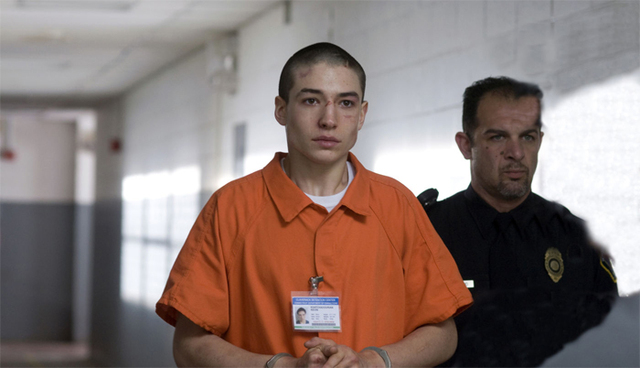Film Review: Arty Thriller We Need To Talk About Kevin Is Darkly Unnerving But Deeply Flawed
Arty Thriller Thinks The Kids Are Not All Right


“And I say Hawkeye was the best part of The Avengers !”


“Damn crabgrass!”


